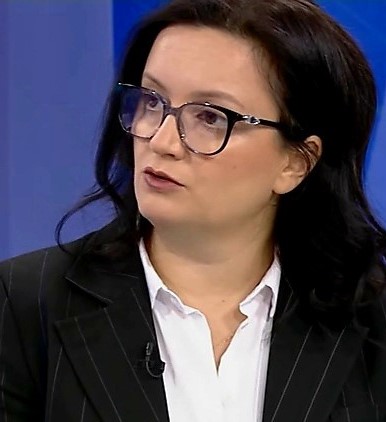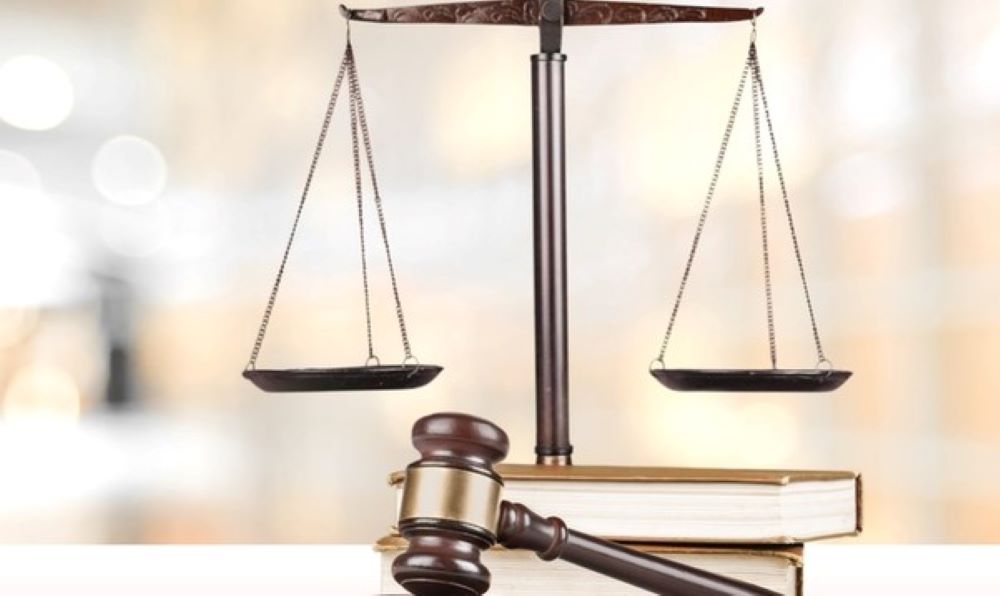For these instruments to have an impact on the lives of citizens, accountable, responsible and transparent institutions are needed. But although initiatives have not been lacking, citizens in very few cases have been able to achieve the desired result.

Erida Skendai
Civic activism is an important tool of check and balance against the three powers (executive, legislative, judicial), and materializes in various forms such as protests, petitions to the authorities, lawsuits or appeals against decisions to the courts, etc.
For these instruments to have an impact on the lives of citizens, accountable, responsible and transparent institutions are needed. But although initiatives have not been lacking, citizens in very few cases have been able to achieve the desired result.
In this article I would like to dwell on the difficulties and importance of judicial protection of human rights and freedoms. The Albanian Helsinki Committee (AHC) has successfully represented in recent years, several issues of public interest, such as the lack of drinking water supply to the inhabitants of the Roma Minority in a neighborhood of Fushë Krujë and the inhabitants of the village Visokë, lack of cochlear implant of a minor with hearing disabilities, pollution caused by limestone kilns in Fushë-Krujë, pollution in the river Gjanicë, Tërkuzë, Devoll, etc.
Some of the decisions that have been made in favor of the citizens have created positive models of judicial protection. It is worth noting the successful execution of the first court decision for the cause of the child who for years was not provided by state with the equipment of the cochlear implant. But regardless of this case or any other, the ineffective enforcement of court decisions and the length of these processes is a hindering factor and weakens civic activism. To illustrate I am presenting two examples:
Some residents of the village of Visoka sued the responsible authorities before the Administrative Court of First Instance of Vlora, with the help of AHC lawyers. In its history, the village had never had drinking water or water supply. To survive, the inhabitants had drilled wells, but the water they used had a high content of gas, oil and solar. In June 2018, the Administrative Court ordered compensation for the damage caused to residents, by the responsible state bodies. Although this is the first court decision in Albania of its kind and set a positive precedent for the direct judicial protection of individuals in need, it is not yet a final decision as it has been appealed to the Administrative Court of Appeal. From this court there is no communication for the beginning of the trial of the case. Consequently, the decision continues to be unenforced, even though almost 4 years have passed since the representation of the case in the first instance.
Based on the complaint of some residents in the area of Patos (Fier Region), for the pollution of the river Gjanica that passes near the inhabited areas, AHC carried out verification missions and addressed a series of requests for information to the authorities at the local level. Verifications showed that the sources of pollution in Gjanica were hydrocarbons (mostly from the activity of companies extracting and processing them), and other sources such as urban waste, solid and liquid from industry, businesses, citizens, but also by waste collection itself and processing enterprises of the respective municipality.
Desperate to find a solution to the alarming pollution, the residents together with AHC addressed the Administrative Court of First Instance, Tirana. This Court decided in October 2019, the obligation of the authorities to identify polluting operators, to determine the measures for rehabilitation and to enable the provision of the principle of environmental responsibility for every entity operating in the areas where the river crosses. Although this decision is final (not appealed), it has not yet found effective implementation in the practice of the responsible institutions.
Erida Skendaj, Executive Director of Albanian Helsinki Committee



Leave A Comment